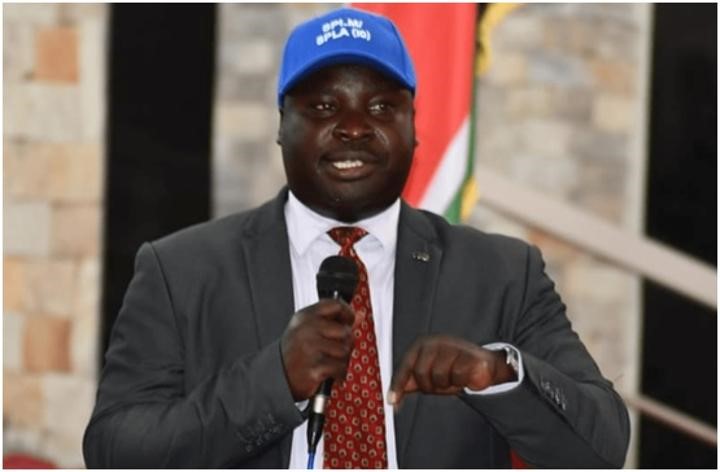By Kei Emmanuel Duku
Lack of clear administrative policies and undefined boundaries between national and local governments in Central Equatoria State are hindering the effective delivery of social services.
According to Deputy Speaker of the Transitional National Legislative Assembly (TNLA) Hon. Nathaniel Oyet, the 2008 Land Act, which grants ownership to communities is the cause of frequent conflicts in Juba and surrounding areas.
Oyet was speaking after a two-day workshop on National Land Policy, in Juba.
“The only problem is in the land administration, how we govern the land,” Oyet said. “For example, in Juba, the state and the National Capital, the boundaries are not defined. This makes it difficult to allocate space for recreation, industries, or even military barracks. The government doesn’t know where to put these facilities because there’s no law regulating land use.”
Oyet argued that communities were given absolute control over land to prevent land grabbing during the liberation struggle. However, this approach may not be suitable in the current context.
“The phrase ‘Land belongs to the people’ was used extensively to encourage people to defend their land rights,” he explained. “We worried that an enemy might come and take land away. That’s how the idea of land belonging to the community came about.”
The 2008 Land Act classifies land as public, private, and community-owned. Individuals or collectives can own land after registration and title issuance.
Oyet proposed amending the Land Act to reduce land grabbing and improve relations between Central Equatoria State and the National Government.
He pledged Parliament’s support in the fight against land grabbing, including the alleged sale of land belonging to schools by high-ranking officials.
“If the law were in place, there would be no grabbing,” Oyet emphasized. “This explains why certain individuals are involved in selling government properties. We are aware there are Ministers involved, and we are monitoring the situation closely.”
Recently, National Minister of Higher Education Awut Deng accused Central Equatoria State Minister of General Education Cirisio Zakaria Lado of selling part of Supri Senior Secondary School land to a developer. Lado denied the accusation.
Oyet questioned the procedures used by the State Ministry of General Education to sell the land.
“We’ve learned that land grabbing in schools is done by groups who have even changed school maps,” he said. “The question is, how did these people influence the management of these institutions to change the maps? As we review the land policy, we need to address such irregularities and prevent individuals from profiting from land sales at the expense of communities.”
Oyet acknowledged that land ownership itself is not the main challenge. The conflict arises from the land acquisition process.
“The current system shouldn’t prevent the government from delivering essential services,” he concluded. “Land is central to development, and we cannot achieve much without proper land management. We, as leaders, should not politicize or regionalize the land issue. We want to create a country where everyone belongs.”




